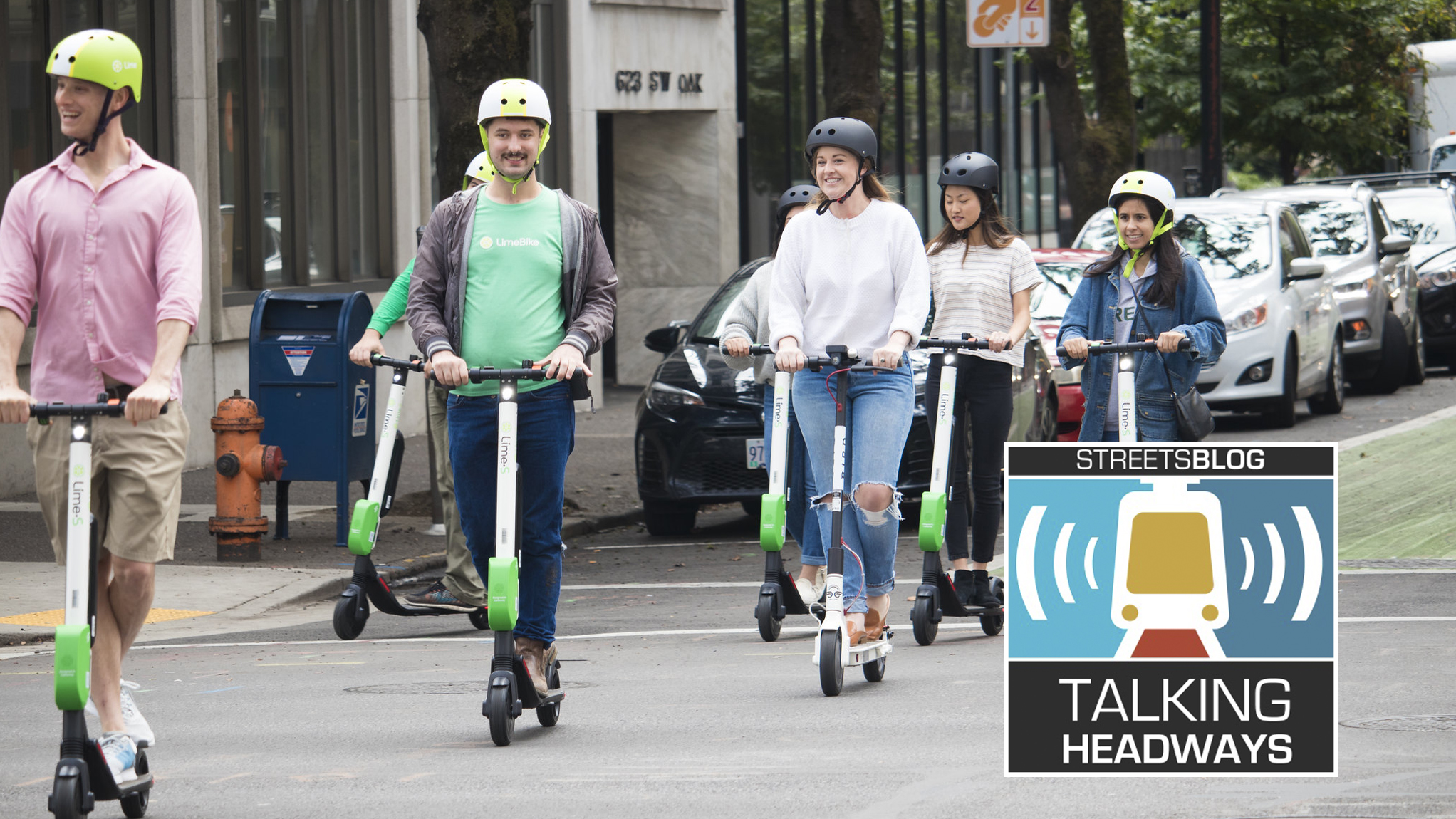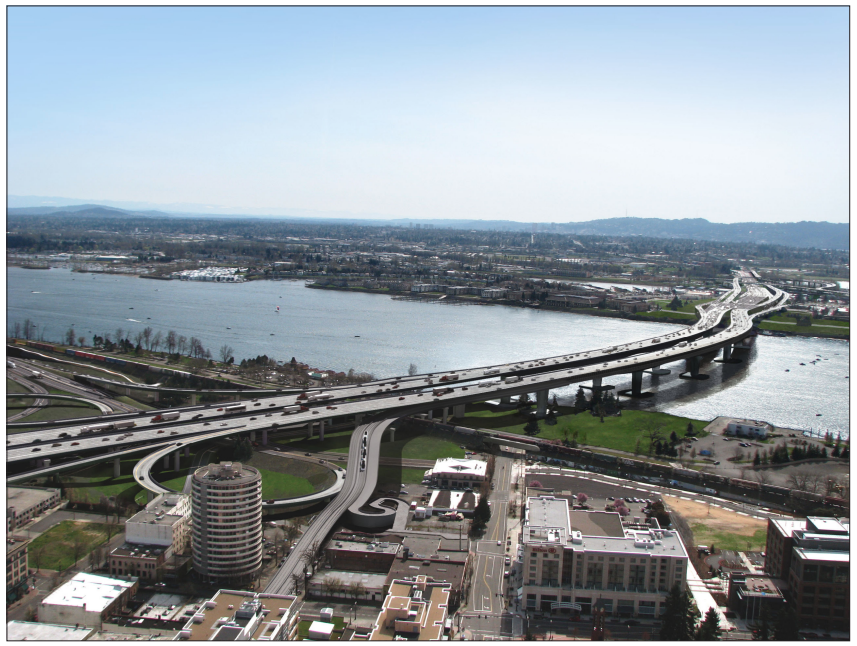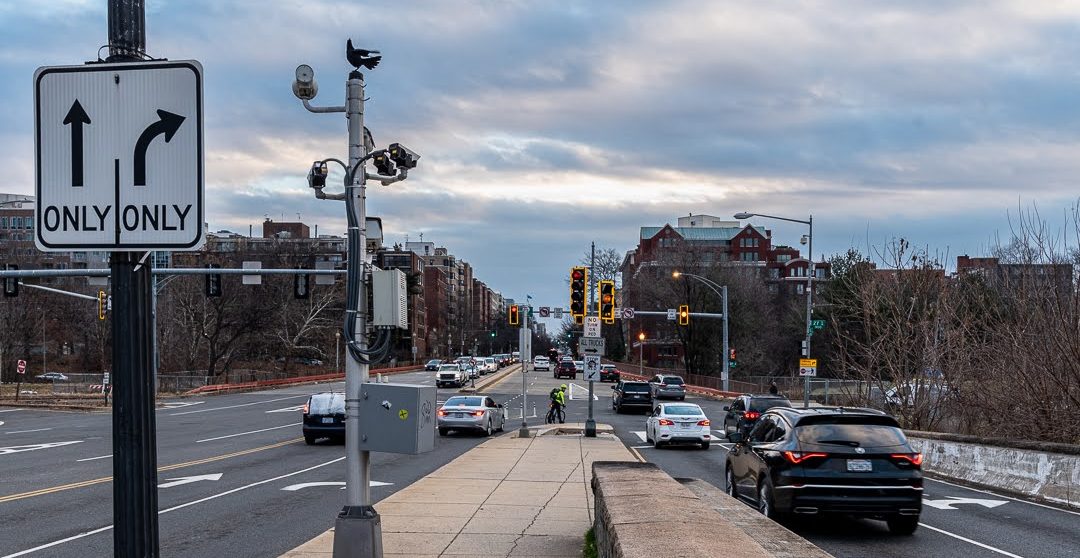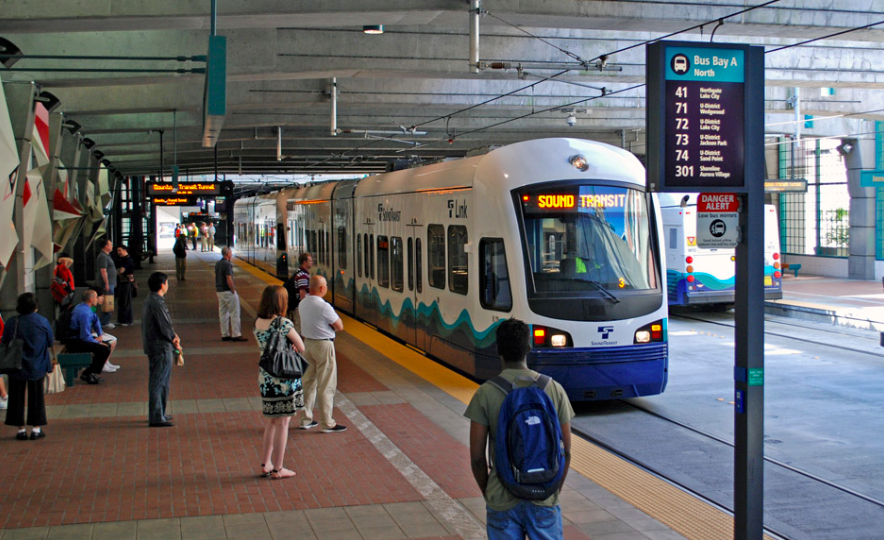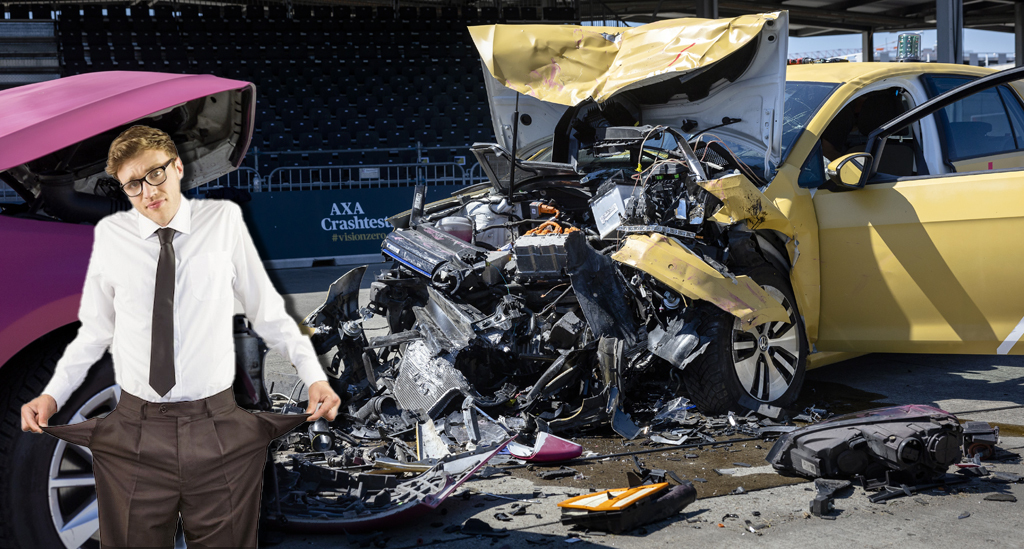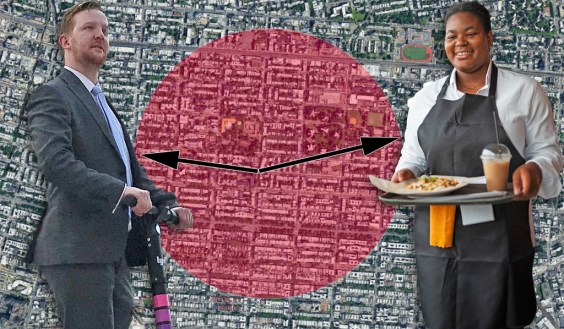Ready for some good news? Voters around the country got to decide on 29 transportation-related ballot initiatives yesterday. According to an analysis by the Center for Transportation Excellence, transportation advocates and reformers won 73 percent of them. If you add in other initiatives that passed earlier this year, the victory rate jumps to 77 percent.
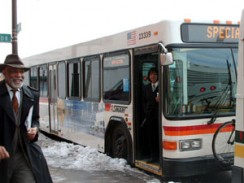
“In the midst of an election framed as a revolt against the size of government and the scope of taxes and spending, we not only saw transportation investment measures meet the 10 year success rate average but exceed it,” said Jason Jordan, executive director of the Center for Transportation Excellence. “In all cases, there was a direct impact on taxpayers. And about 75 percent of the time we saw voters standing up and saying yes, we’re willing to pay for investment in our transportation infrastructure.”
Many of the initiatives were non-binding referenda, but they set the stage for concrete action later.
In five California counties, people voted for new automobile registration fees to pay for transportation improvements. Historically, sales taxes and property taxes (as well as the gas tax) have been the primary sources of revenue for these investments. California is opening up a whole new revenue stream.
California also adopted Prop 22, which bans state raids on transportation funds, and rejected Prop 23, which would have delayed implementation of the state’s new emissions standards until unemployment is reduced.
The 29 ballot measures decided last night aren’t the only ones this year. Back in April, St. Louis voters gave the green light to a half-cent sales tax increase to fund mass transit – the biggest tax increase any jurisdiction voted to give itself this year. It had failed in November 2008 but with some re-tooling and organizing, it got 63 percent of the vote in the spring.
David Goldberg, communications director of Transportation for America, agrees that the ballot measures were a reason to “take heart.”
“They allocated lots of money for upkeep of roads, some for transit, a good chunk for walking and biking,” Goldberg said. “That’s our formula. That’s our ‘ask’, right there. And that’s been popular across the board.”
A notable disappointment: Hillsborough County, Florida voted down a measure to levy a one-cent sales tax to pay for transportation. Three-quarters of the revenue would have gone to public transportation. “The polling had it neck-and-neck,” said Jordan of CFTE. But the final numbers weren’t even close. It lost 42 to 58.
But in this “taxophobic” climate, advocates had braced for far more losses. The results show that people are willing to pay for investments they find strategic. Jordan says it even bodes well for the upcoming debate on the transportation bill. “There’s this fear of voter wrath when you talk about any financing stream for the bill,” Jordan said. “This shows that voters are ahead of the politicians on this count.”
He said it also shows that localities are doing their share – “and then some” – and he hopes the feds and the states will see the sacrifices they’re making and come through with the rest of the needed funding.
Some other victories:
- Clayton County, Georgia voted 70 to 30 in a nonbinding referendum to join the MARTA transit system.
- Michiganders voted on no fewer than 21 initiatives this year and all but two of them won, some in several counties.
- Seventy-three percent of Rhode Islanders voted Yes on a statewide measure to approve the issuance of $80 million in bonds, including$4.7 million to buy new buses and rehab old ones.
- In Walla Walla, Washington, voters increased taxes to pay for transit service cuts. The cuts would have been necessary due to a motor vehicle tax repeal in 1999 and reduced tax revenue as a result of the recession.
See the full list here.
